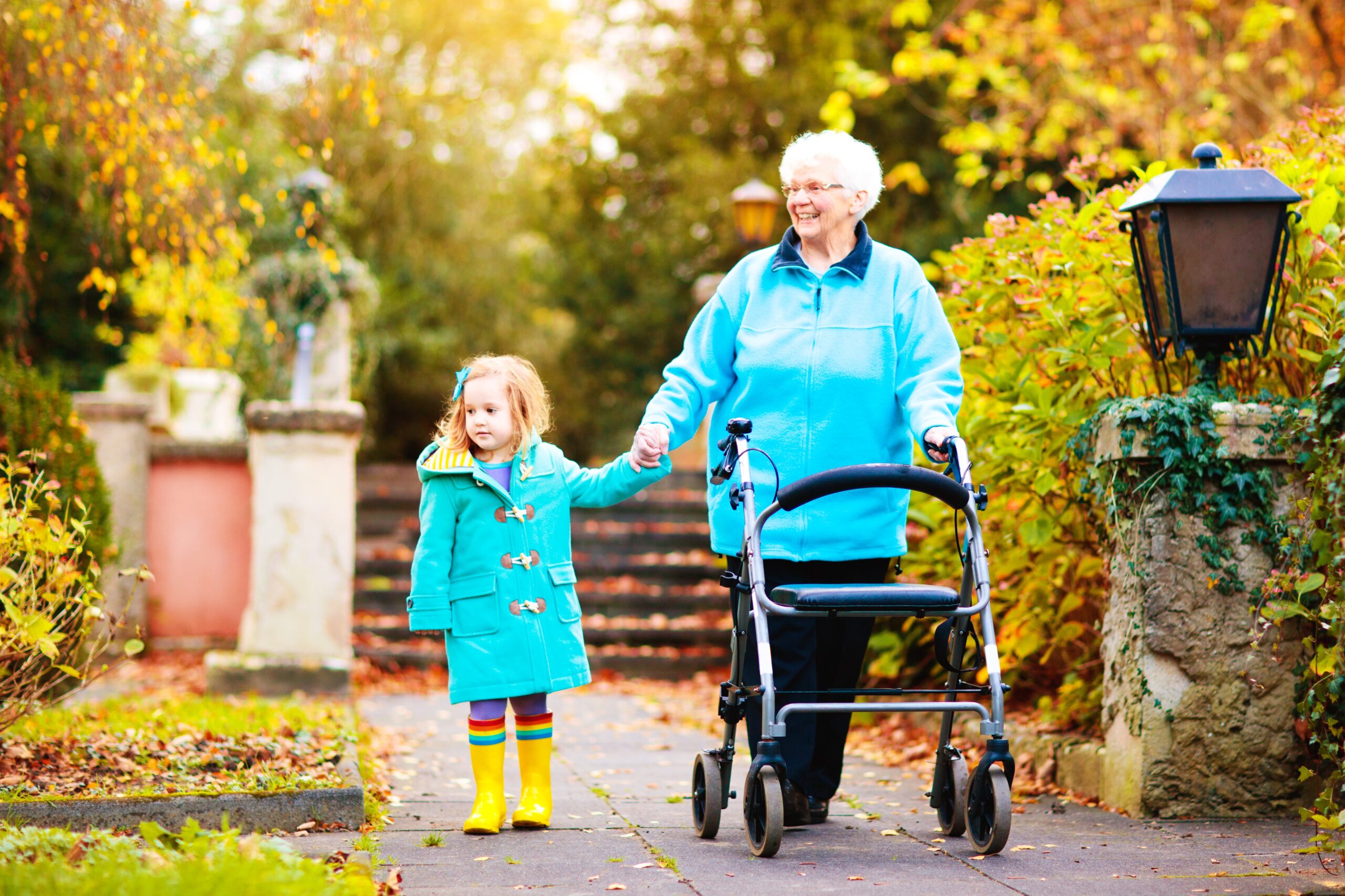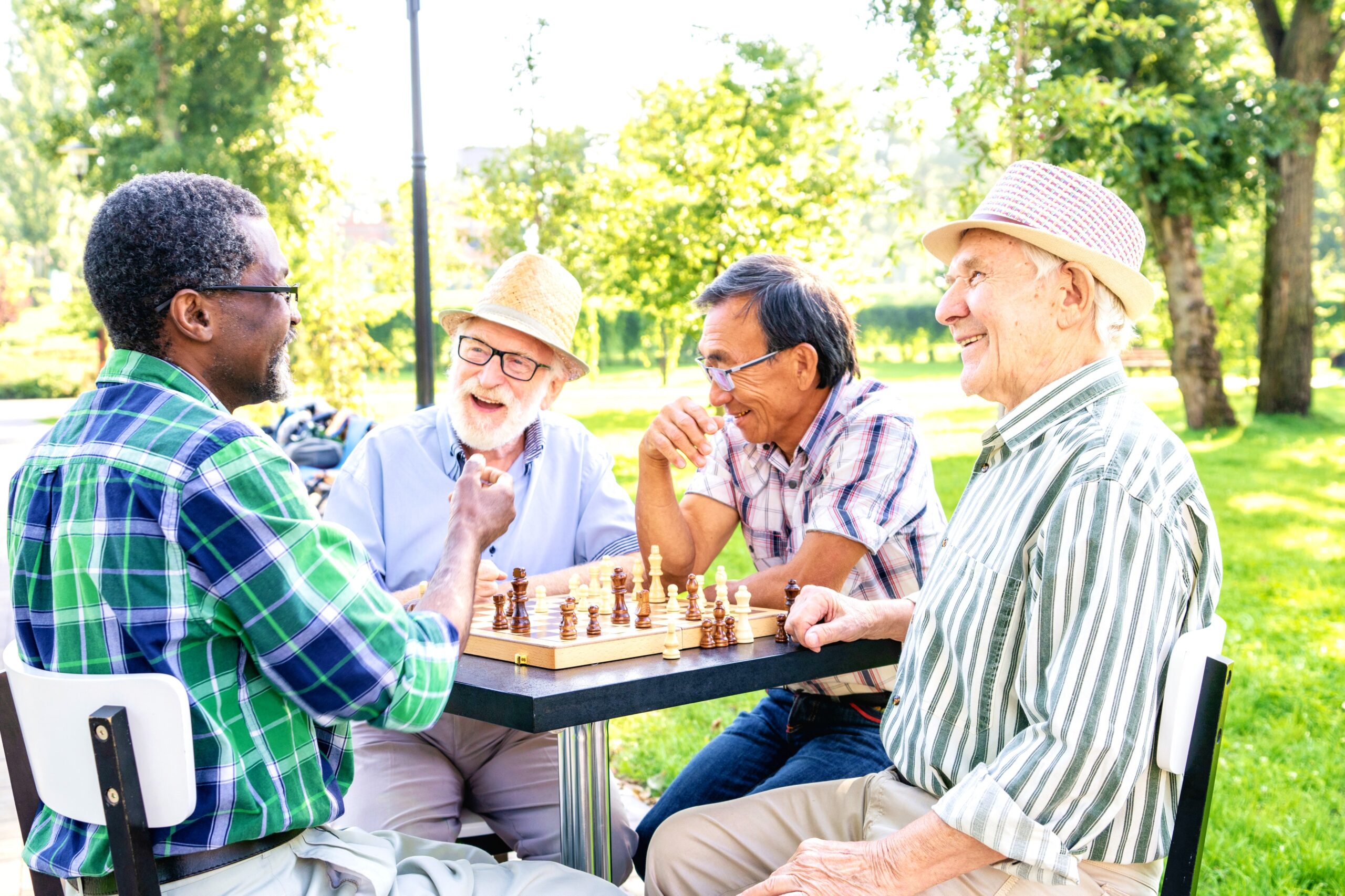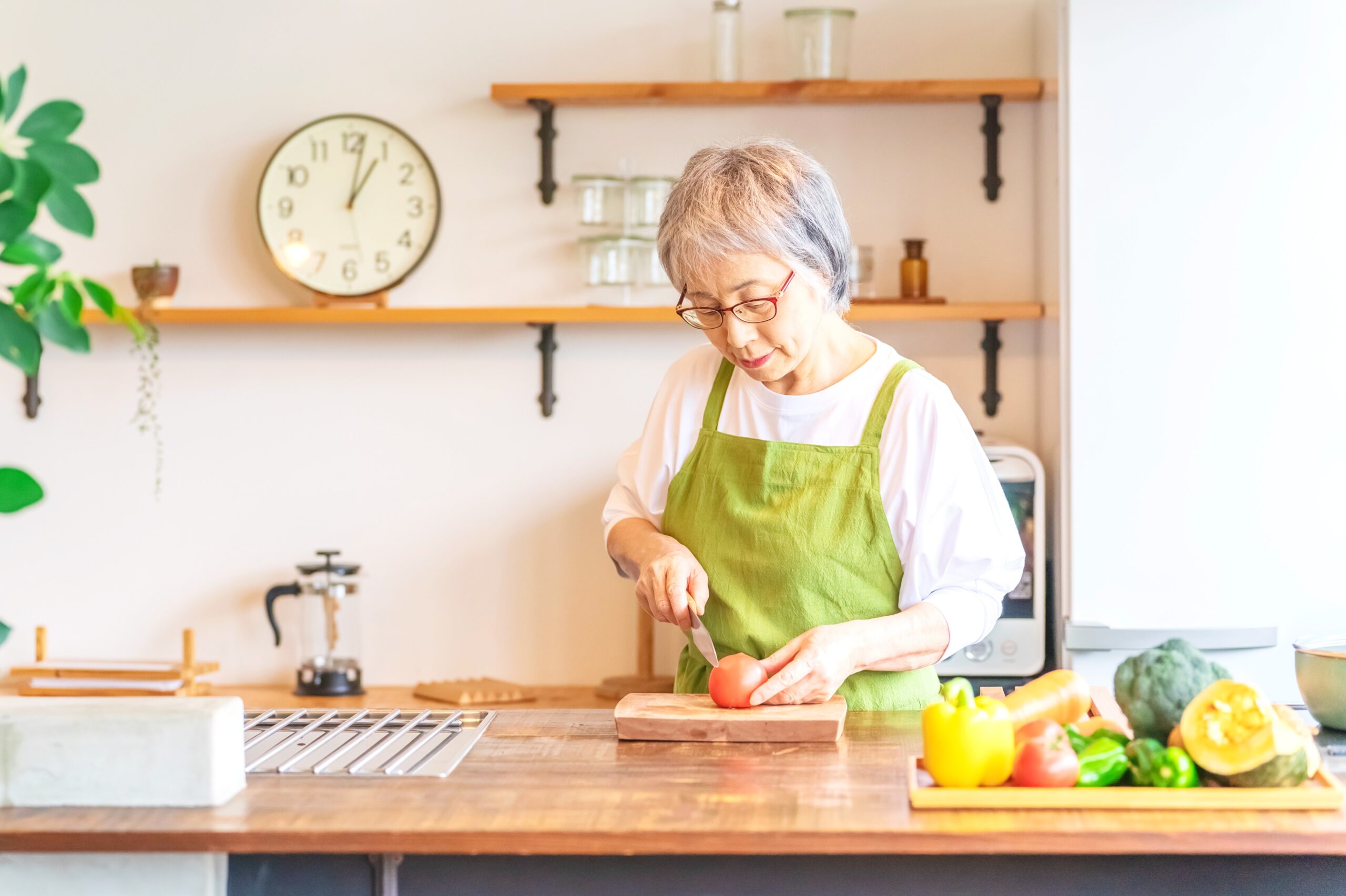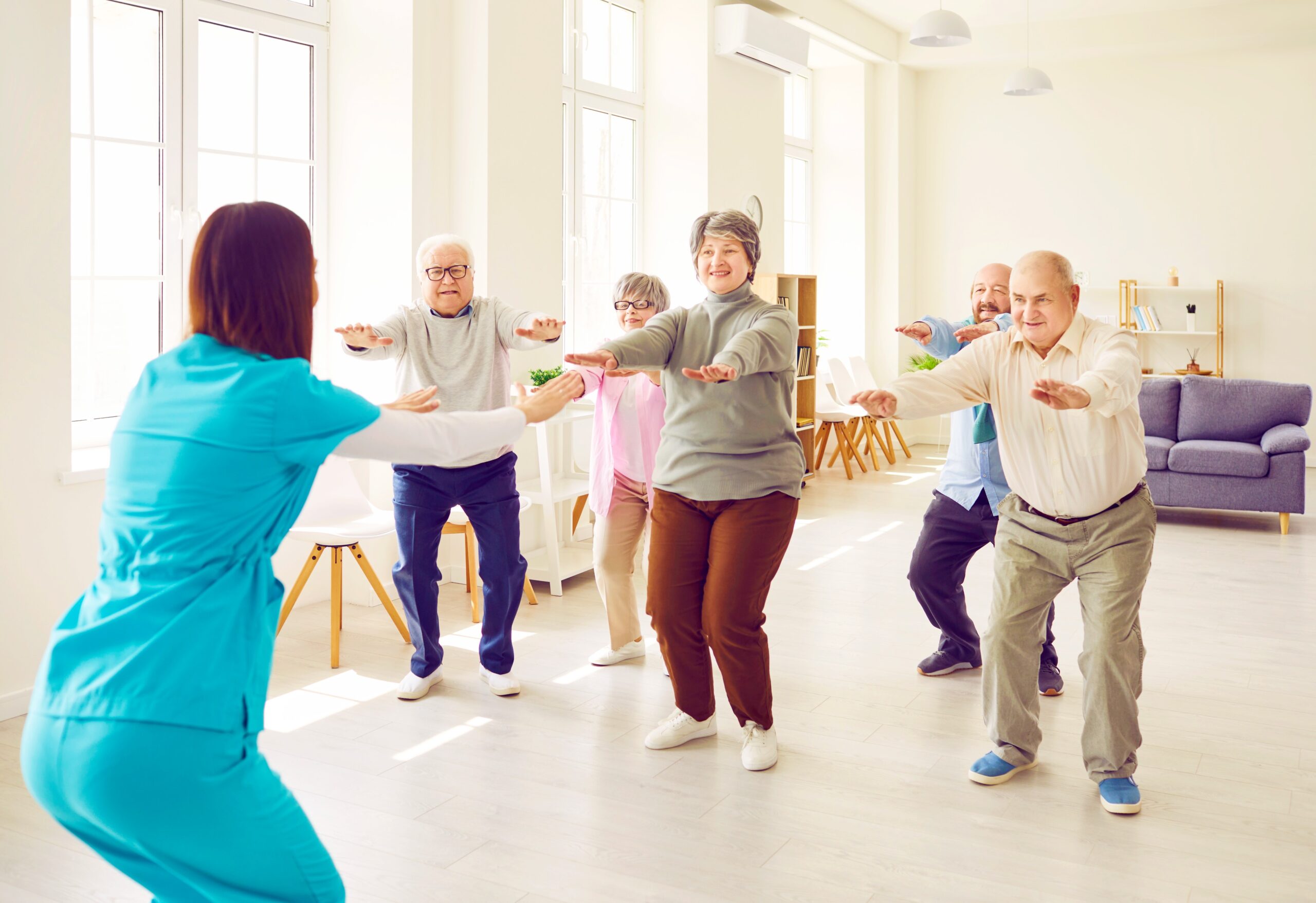A was once a carer for the elderly. During her third year of university, she took on work as part-time carer, and found it incredibly rewarding. So many incredible people who had stories that spanned lifetimes. C, who despite having a stroke remained as kind, and as funny as ever. D with Alzheimers, who still had a passion for cooking. But there was one who stood out above the rest. Not someone she cared for. In fact her Aunty, the person she considered her Mum, Dad, and Aunty all rolled into one, cared for her. M, who lived until she was 104 died last year. Yet, what an astounding human she was. Living in her own home independently until she was 101. Living in two world wars. Above all, a compassionate, loving and merry human who remained strong until the end. When it came to caring for the elderly, M was the person who inspired A’s own journey the most.

Caring for the elderly can stop them from feeling isolated and depressed. You help continue to provide them a sense of community, a social life, that empowers and energizes them.
She had a mantra in life. One that A was trying desperately to follow. Life is too short to worry about the small things. It wasn’t something that came easy to A given that she was an overthinker. And yet, those words would play over and over in her head. In her own experience of looking after elderly patients, she saw the same advice reflected back. Patients who had lived as they put it ‘a very long time’. The secret to their success? Dealing with their mental health, and focusing on what brought them joy. Not brushing it under the carpet, but acknowledging it and moving on. There were so many incredible elderly people that A had met over the years. Like those living in the Blue Zone, M was someone who ate well, enjoyed a glass of wine, socialized often, and had a close bond with family. She was active, independent, and until the end always vibrantly funny.
A saw the elderly in a beautiful light. Young at heart. Sure, the cladding had been laced with the passages of time. But each wrinkle told a story, each smile line a sign of laughter. There was beauty in aging, one these incredible people had embraced gorgeously. Even in her own personal life, she had close connections with the elderly. Her Foster Mum’s Mum (who sadly passed last year), the person who brought her the first history book. The one who shared her love and enthusiasm for Madeira, A’s heritage homeland. She saw them as friends and caregivers. Not a number or statistic. But real people with open hearts layered with memories that would transcend time. It’s why she believed so passionately in making a difference. Because the elderly were still young. She wanted people to realize just how special they were. They needed to be celebrated, respected, and revered. A’s own Grandma on her Dad’s side was an incredible woman.

Raising 12 kids was no easy feat. She had little money, but despite living in the poverty, she remained a kind and loving woman. Even when she had cancer, and died three years after Granddad had died, she remained gentle and considerate to the very end. With her personal connection to the elderly, she wanted to show how rewarding looking after the elderly could be. It made a difference to so many lives, who might be lonely or isolated. Being that A could feel extremely alienated at times, it was part of the reason why she felt so connected to older people. Regardless of whether you were helping at home, in a nursing home, or had elderly neighbours, it gave you a sense of purpose. Though A got incredibly sick, and had to leave nursing earlier than expected, she enjoyed the short time that she had with her ‘older friends’.
As a carer who travelled to people’s homes, she saw how much assisted living made a world of difference. When she was older, she hoped to be surrounded by friends and family at home. It wasn’t her preference to go into a nursing home, but she knew it helped many. Still, in her own experience, seeing the elderly in their own homes, showed her how they still had independence even after limited mobility. A woman who did her own shopping, and needed a little support. A man who was lonely, and just wanted someone to talk to in his end-of-life care. There was the dark side too. A woman with dementia whose personality had changed after her illness. She became paranoid, violent, and even aggressive. Yet, despite this, A was the one person who she actually trusted to look after her.
So how could you make a difference?

Caring for the elderly can be incredibly rewarding.
Improve Mobility In The Home
Both in her personal, and professional experience, having household aids made a world of difference in an elderly person’s life. Each and every person was different, with some needing more support than others. C who had a stroke, and was unable to dress himself. With a standing aid that allowed him to feel in control, while being assisted. B who had access to Curved stairlifts, to help her get upstairs. The stair lifts was something she saw in nearly every home. Why? Because like many other mobility aids it created a sense of independence, as well as ease and security. As one patient had said, it ‘helps keep me at home’. That was the most important takeaway. That they could still feel like they were in control, in a familaur and comforting environment.

There were other mobility aids too. Non-slip mats in the bath, for those who wanted to shower and bathe themselves. Disability stools, and bed trays. Bathroom grab rails, and pick up sticks. There was a range of mobility and disability tools for everyone , whether they were at home, or in a nursing home. With reduced pain, independence and increased confidence, the right mobility tool could truly change an elderly person’s life. For those who had tools in their homes, A saw how much it improved their quality of life. It decreased the risk of falling, improved energy levels and helped them balance more.
Foster Genuine Social Connections
To A, this was one of the most important things to consider when caring for the elderly. Loneliness and isolation came to many. But for those who struggled with mobility, they could often feel alienated. It was heartbreaking to see, but there were times where she felt the patients ‘needed someone to talk to’ more than anything else. Live to 100: Secrets Of The Blue Zones, a series had only affirmed that more. That having a close-knit family, and friendship group, was important to living longer lives. Sure, diet, excercise, genes and lifestyle played a huge part. But feeling like they were active, mentally stimulated and could talk made them (in their own words), feel young again. A knew how in her own life she would feel rejuvanated after spending time with others.

When I was caring for the elderly I liked to encourage social connections to boost their mental health.
When A was a carer, she made it her mission to make a difference socially, as well as physically, and emotionally. She spent time ‘actively listening’ to what they had to say, because meaningful connection was so important. She would be present in the connection, ask authentic questions, and even bring it up a later date. It showed she cared (and she did!). After all, creating ‘social conversation’ helped the elderly embrace the power of storytelling while creating stability, purpose and continuity. In short, the elderly (just like anyone else) craved emotional companionship and support.
Support With Delicious And Nutritious Meals
The power of nutrition was unappreciated. The right food lifted your mood. Mealtimes encouraged staying in the present. Most of all, food that was a happiness ritual. At least in A’s eyes. She spent so much time with the elderly, helping them come up with delicious meals that energized their senses. For some who cooked, but needed a little assistance, it gave them purprose. Though many elderly people cooked ready meals, A always tried to instill the importance of a good, fresh meal. Then again, at the time, she should have taken her own advice. She was ill, and eating, sleeping and living badly. Several years ago however, she completely changed her lifestyle. She was so used to looking after others that she stopped caring for herself. Now, she ate well, and despite her mental health, truly tried to priortize self-care.

Still, despite her poor choices all those years ago, as a carer for others she was responsible. She realized later on that it was a projection of how she would like to be looked after herself. For those who could still cook, she supervised cooking sessions and made it fun. For those who needed meals cooked, she came up with creative and fun ways to make mealtimes exciting. It was a social affair, that would feel mentally nourishing for the two of them. While there were some elderly people who had their meals taken care of, for those who didn’t, letting them be indepedent while encouraging healthy lifestyle choices felt good. It might have taken her some time to practice what she preached. But when she did, it felt good.
Improve Mental And Physical Agility With Activities
When watching Living to 100: Secrets of the Blue Zone, a lightbulb went off in A’s brain. Good food, friendships, and a supportive community was a must. But if there was one thing that connected all the Cenetarians, it was how ‘active they were’. Not just physically, but emotionally too. Many had steep walks to get to their villages, some had a large amount of stairs to get into their homes. In a world characterized by technology, everything felt simpler here. There was no gym memberships, instead they went back to basics. Some locals in Sardinia making homemade pasta and bread, kneading the dough a workout in itself. The farmers in Greece who kept bees, and goats, and yet led relatively stress-free lives. It was all about excercise the natural way.
In some zones, dance was a huge part of their ‘social lives’. Dancing with a glass of red wine, releasing endorphins, and feeling the adrenaline rush through them. In A’s community, there was a big focus on technology to keep fit. And yet, some older people were doing it differently. Going for gentle walks past rolling hills and countryside. Yoga outside in a leafy green park, and wild swimming. It was clear that being active helped keep older people more flexible, agile, and strong. Yet mental agility was important too. Whether they learned a new language, solved puzzles, watched quiz shows or read a new book, there was no doubt that a mental workout would increase quality of life.

When caring for the elderly encourage physical and mental workouts can go a long way. It improves quality of life and increases self-esteem.
Encourage Independence In Older Adults
Many of the elderly people A had looked after were independent, and tried to do as much as they could themselves. It was a quality she admired, having been fiercely independent from a young age. There were some who did their own shopping, and cooked their own meals. Who dressed themselves, and organized their own social calendars. Though there were physical, emotional, and psychological changes that came with aging, if there was one constant, it was the need for independence. Caring for the elderly was about allowing them to have autonomy over their own lives, and being patient. No two days were the same. It was about actively listening to the older person’s needs and wants. In many environments she had seen that the older person had been robbed of decision making, which had a negative impact on their lives. A always tried to encourage the elderly to make safe informed decisions.

After all, just because the person was older, it wouldn’t be right to assume that they couldn’t make their own decisions. She found that choice, and being in control actually boosted their physical and mental health. By giving them an active role in their decision making, it empowered them to make the best choice for them. It could be anything from choosing what to have to dinner, to what excercise they wanted to do. From having a voice in the type of care they wanted to receive, to adaptations to the home, no decision was too big or small. Even if there was an activity that they needed help with, it was always about making them feel like they had agency in their life. Though they needed some help, it was important to reassure them that they still had independence in so many ways. A found that familuarizing herself with their life-stories, also helped her foster independence on bad and good days too.
What Are Your Top Tips For Caring For The Elderly?
*Disclaimer
Please note this is a collaborative post on caring for the elderly but all thoughts are my own and are not affected by monetary compensation.
Leave a Reply